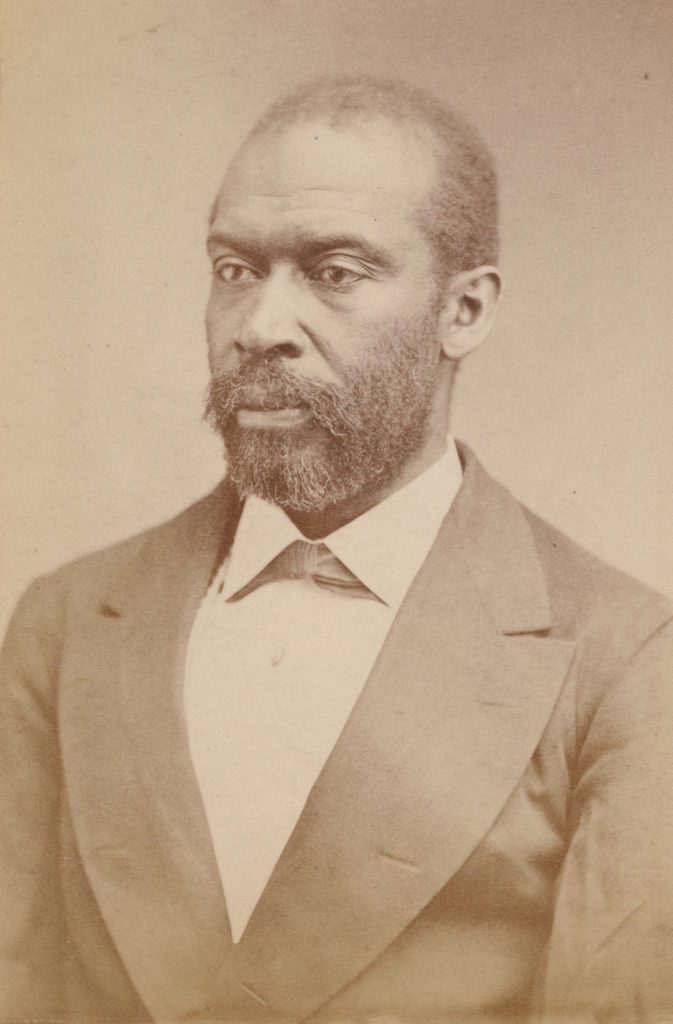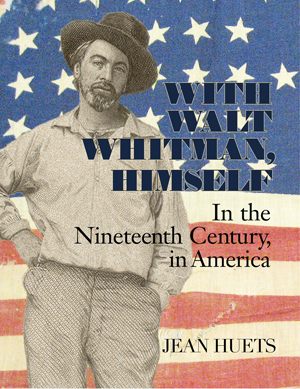
My article on Thomas Morris Chester, Black news correspondant in the Civil War, is posted at New York Times: Disunion.
A few words (that didn’t fit in the article) about Chester, the contraband policy and racism in Union ranks….
For contrabands, and the contraband policy and its maker Gen. Benjamin Butler (“Ugliest Civil War General“), Chester had the deepest affection. As an aspiring lawyer, he surely relished Butler’s clever legality in decreeing that slaves who escaped to Union territory were not subject to the U.S. Fugitive Slave Law. “Upon the Confederate theory of [slaves being] property only,” if said property served military purposes, such as digging fortifications, then the Union could retain them as “contraband.” Butler’s “contraband” order freed escaped slaves from being returned to slaveholders and laid the groundwork for Lincoln’s 1863 Emancipation Proclamation.
Chester sums up Butler in terms of ultimate personal respect: “Gen. Butler by no means justifies or allows any man, black or white, to be treated in an unwarrantable manner.” Not every officer was like “Butler the Just,” and Chester’s unshakeable loyalty to the Union did not deter him from reporting on degrading and sometimes life-threatening discrimination: the slowness with which Black soldiers, or U.S. Colored Troops, were hospitalized for wounds or illness, an officer’s sadistic binding of workers forced by shelling to stop labor on the Dutch Gap canal. “It seems that the disposition to treat colored persons as if they were human is hard for even some loyal men to acquire,” Chester said.
He conveys abuse as more the exception than the rule, though, and unstintingly praises high-ranking officers for treating Colored Troops equitably. Of Butler’s successor, Gen. Ord, he wrote, “He has risen above all prejudices and partiality, and acts with reference to what is right and just. Under such a general the Army of the James will not fail to make brighter its record in the campaign [against Richmond] so soon to be opened.” Read more on Chester and use of dialect in 19th-century US
WITH WALT WHITMAN, HIMSELF: IN THE NINETEENTH CENTURY, IN AMERICA | by Jean Huets
“A true Whitmanian feast—for the intellect as well as for the eyes.” — Ed Folsom, editor Walt Whitman Quarterly
signed copies, free shipping order from Circling Rivers
OR BUY via BookShop.org | Amazon US | Amazon CA | B&N |
“A beautiful book of windows onto the life of Walt Whitman…. From the clear ringing prose to the fascinating photographs and colored illustrations of the great poet’s life we find the man anew—standing in his time and looking straight at us. [Huets] has made a book of marvels and I can’t put it down.” — Steve Scafidi, Poet Laureate, Virginia
Explore the fascinating roots of Whitman’s great work, Leaves of Grass: a family harrowed by alcoholism and mental illness; the bloody Civil War; burgeoning, brawling Manhattan and Brooklyn; literary allies and rivals; and his beloved America, racked by disunion even while racing westward. Over 300 color period images immerse the reader in the life and times of Walt Whitman.

Pingback:The ugliest Civil War general | JEAN HUETS
Pingback:19th Century: A Golden Age of Dialect | JEAN HUETS